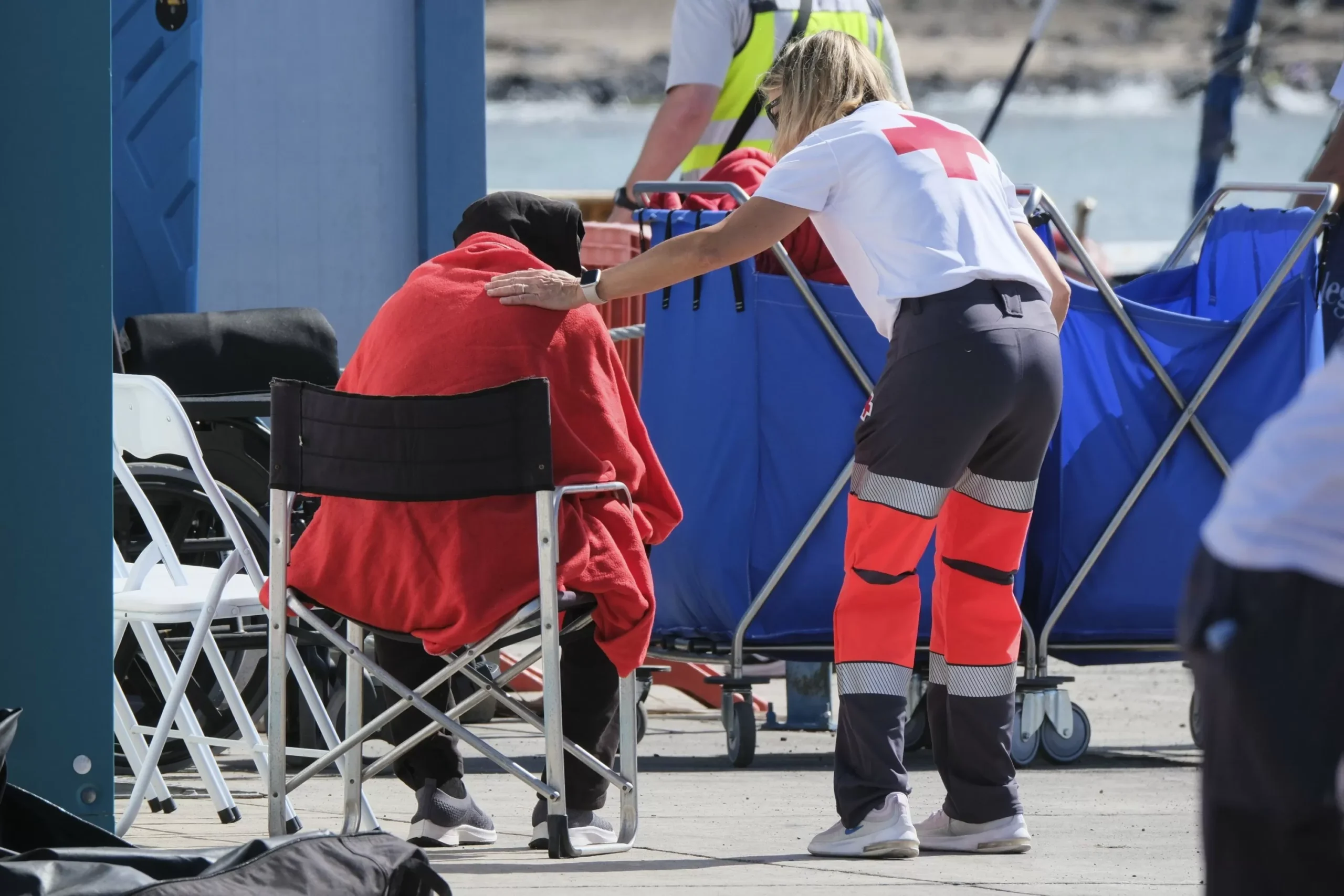Migrants’ Rights Group Warns of Prosecution for Assisting or Rescuing Migrants in Europe
The issue of migration has been a highly debated topic in recent years, with many individuals and organizations working tirelessly to provide support and assistance to migrants. However, a recent report by the Platform for International Cooperation on Undocumented Migrants (PICUM) has shed light on a concerning trend in Europe – the criminalization of those who help or rescue migrants.
According to PICUM, at least 142 people across Europe are facing prosecution in 2024 for providing assistance to migrants. This includes individuals and organizations who have worked selflessly to provide shelter, food, and medical aid to those in need. The report also highlights cases of individuals being charged with human trafficking simply for giving a ride to migrants or renting out a room to them.
This alarming trend is a direct consequence of the restrictive migration policies and anti-immigrant rhetoric that have become increasingly prevalent in Europe. As countries tighten their borders and make it more difficult for migrants to seek asylum or regularize their status, the burden falls on individuals and civil society organizations to provide basic needs to those who are struggling.
But instead of being celebrated and supported for their humanitarian efforts, these individuals and organizations are being criminalized and facing serious consequences. This not only goes against the core values of human rights and solidarity, but it also hinders the efforts to create a more inclusive and welcoming society for migrants.
The criminalization of those who assist or rescue migrants not only puts them at risk but also endangers the lives of migrants themselves. With the fear of prosecution, individuals are less likely to offer a helping hand to those in need, leaving many vulnerable and without access to basic necessities.
This is a clear violation of the UN Refugee Convention and other international human rights commitments that call for the protection of those who provide assistance to migrants. As the UN Special Rapporteur on the human rights of migrants, Felipe González Morales, stated: “The overly restrictive migration policies and practices are putting the lives of millions of migrants at risk, in many cases leading to their deaths.”
It is time for European governments to take a step back and assess the impact of their migration policies on the lives of migrants and those who support them. Criminalizing humanitarian acts goes against the very essence of a just and humane society. It is also counterproductive in addressing the root causes of migration and finding solutions to the challenges posed by it.
The criminalization of assisting or rescuing migrants is also a sign of the growing intolerance and xenophobia in Europe. It sends a message that migrants are not welcome and those who offer help to them will be punished. This goes against the values of solidarity and compassion that Europe prides itself on.
We must recognize that migration is a global phenomenon and requires a collective effort to address it. Instead of punishing those who provide aid, governments should work together with civil society to find long-term solutions that prioritize the protection of human rights.
PICUM’s report is a call to action for all European governments to reassess their migration policies and prioritize the protection of both migrants and those who support them. It also highlights the need for a comprehensive and coordinated approach to migration that upholds human rights and promotes a culture of inclusivity and tolerance.
As individuals, we can also play our part by standing in solidarity with migrants and supporting organizations that provide assistance to them. Together, we can create a more welcoming and compassionate Europe, where human rights are respected and everyone is treated with dignity and respect, regardless of their origin.
In conclusion, the criminalization of those who assist or rescue migrants in Europe is a concerning trend that must be addressed urgently. We must stand together to advocate for a more humane and just approach to migration, one that recognizes the valuable contributions of migrants and promotes a culture of solidarity and compassion. Let us work towards a Europe where all individuals, regardless of their background, can live in safety and dignity.





![Complete BritRail Pass Guide [Types, How to Use It, Pros + Cons]](https://inside-news.uk/wp-content/uploads/2025/06/00221EB4-BCA2-4DBB-6CD4-83DBC37D71FA-120x86.webp)
















